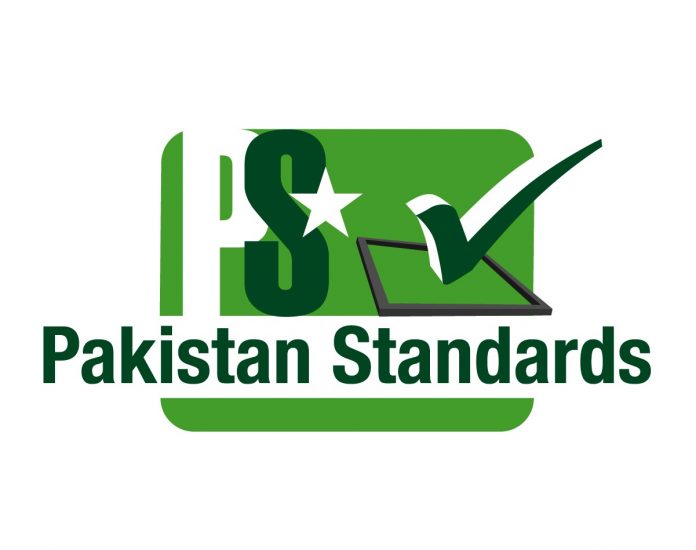ISLAMABAD: After a three year battle between the centre and provinces, the incumbent government has finally notified the harmonisation of standards for food and non-food items after the four provinces agreed on one standard to be implemented across country.
Although it is yet to be finalised which body would have the power of implementation and enforcement on the national standard, the issue related to having one standard has finally been settled.
According to an official, there was a long-standing demand of the food industry to eliminate multiple standards by different food authorities of federal and provincial governments whereas the Pakistan Standard and Quality Control Authority (PSQCA), an attached department of the Ministry of Science and Technology (MoST), has taken the remarkable step to reform things which will significantly improve the ease of doing business (EoDB).
The matter was earlier decided at the forum of the Council of Common Interests (CCI), the provincial food authorities are still reluctant to give up or even share the power of enforcement of standards, as the issue involves revenue.
The centre, being represented by PSQCA, is also reportedly reluctant in sharing the power of enforcement and monitoring of standards.
According to officials at MoST, after a clear direction from the Prime Minister (PM) Office, PSQCA has notified an online application system to facilitate industrialists, businessmen and manufacturers for registering their products for certification mark license with effect from September 1, 2021. The certification license would be mandatory for 166 mandatory items listed at PSQCA.
Earlier the provinces were not ready to accept the role of PSQCA as the sole body for registering, monitoring, and implementing consumer items. The PSQCA, which was worried about stripping its power of inspecting the quality of 166 selected items, had reportedly suggested The Council of Common Interests (CCI) to at least allow it to make standards of the consumer items. The provinces and their food authorities may be allowed to enforce and implement the standard in their jurisdiction.
According to sources Punjab was reluctant to accept this proposal.
As PSQCA had failed to ensure manufacturing, import and supply of quality items because of its incapability and corruption of officials, the provincial authorities had practically taken control of the mandate, being exercised by PSQCA. Resultantly the manufacturers of consumer and food items including the national and multinational companies were much disturbed over the inspection and monitoring and licensing by both PSQCA and provincial authorities.
Since the process of inspection, certification, licensing involves fees, money and bribe, the central and provincial authorities were reluctant to give up the mandate and power to the centre.
The Ministry of Law, which was looking into the matter, had sent the matter to the CCI. In the absence of consensus for the past three years, no development was made regarding the formulation of national standards, registration and licensing of manufactures and trading houses in the country and conformity assessment i.e., enforcement of standards across the country.
Taking notice of the issue, CCI had decided to resolve constitutional and legal ambiguities, review Provincial Food Authorities Acts and suggest a mechanism for enforcement of applicable technical regulations.
Following the 18th Amendment in the constitution and the creation of food authorities and subsequent enforcement of different laws by provinces, the interprovincial trade and manufacture of food items across the country were badly affected.




